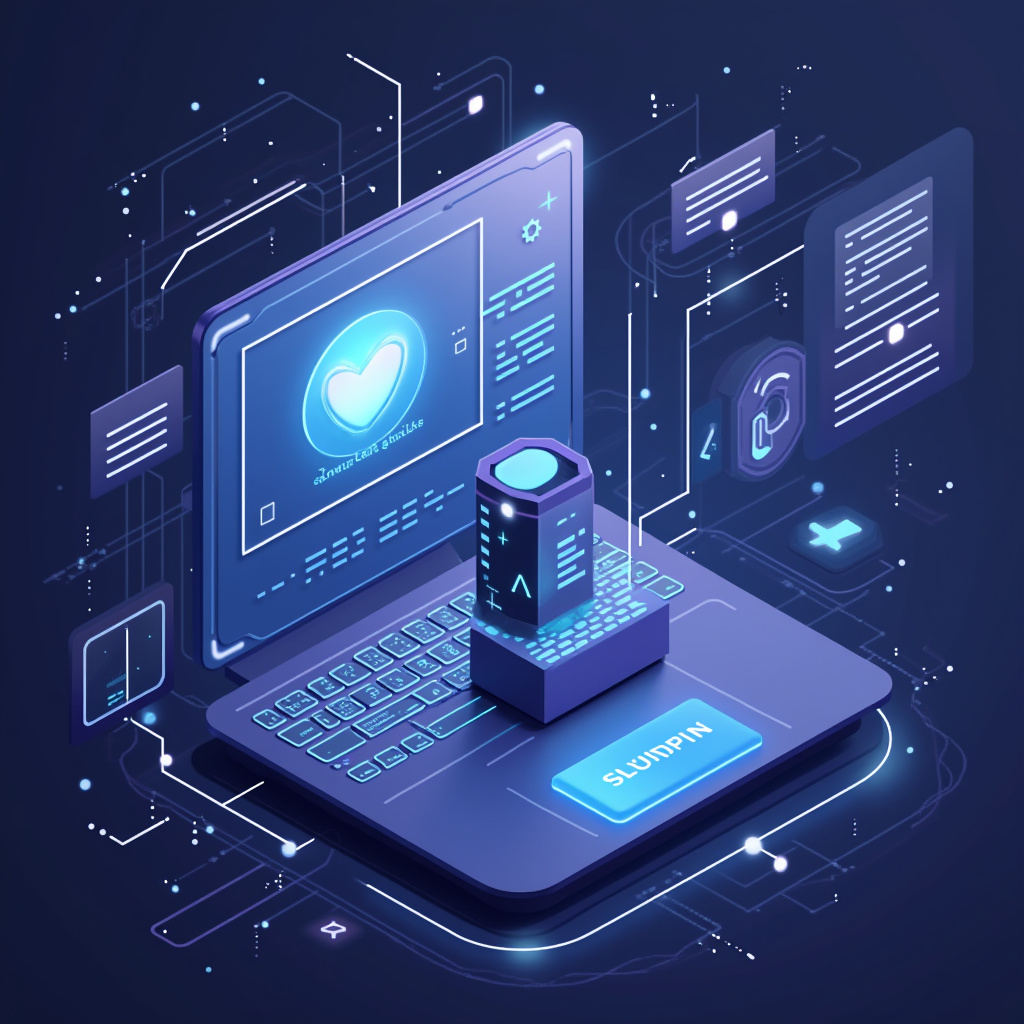Introduction to AI in Today’s World
Artificial Intelligence (AI) has transformed the way we interact with technology and each other. In recent years, major players like Meta and OpenAI have led the charge in developing innovative AI tools that enhance user experience, automate tasks, and offer new ways to connect. Understanding the latest tools from Meta and how they stack up against OpenAI can help us grasp the evolving landscape of AI.
Meta’s AI Tools: A Brief Overview
Meta, formerly known as Facebook, has been focusing on AI technologies to improve its platforms, including Facebook, Instagram, and WhatsApp. Here are some of the latest tools developed by Meta:
- Make-a-Scene: A tool that allows users to create images by simply describing them in words, making graphic design accessible to everyone.
- Galactica: A research model designed to assist with scientific writing and data analysis, helping researchers navigate complex information.
- Robust Vision Transformer (RVT): A powerful vision AI that enhances image recognition and analysis, improving user experiences with image-based content.
OpenAI’s Offerings: A Look at Their Tools
OpenAI has made significant strides in the AI field as well, most notably with their language models. Here’s a look at some of their most prominent tools:
- ChatGPT: A conversational AI that can engage in human-like dialogue, answer questions, and assist with writing tasks.
- DALL-E: An image generation model that creates visuals from textual descriptions, similar to Meta’s Make-a-Scene.
- Codex: A tool designed to assist programmers by translating natural language into code, streamlining the development process.
Key Differences Between Meta and OpenAI Tools
While both Meta and OpenAI are pushing the boundaries of AI, their approaches and focuses differ:
- Target Audience: Meta primarily focuses on enhancing social media interactions and user-generated content, while OpenAI aims to serve a broader audience, including developers and researchers.
- Functionality: Meta’s tools often emphasize user experience and creativity, while OpenAI’s offerings lean towards productivity and automation.
- Data Privacy: Meta has faced scrutiny over data privacy, which may influence how their AI tools are received compared to OpenAI, which emphasizes safe and ethical AI usage.
How Meta Competes with OpenAI
Competition in the AI space is fierce, and both Meta and OpenAI are working hard to innovate and capture market share. Here’s how Meta positions itself against OpenAI:
- Integration with Existing Platforms: Meta leverages its vast user base by integrating AI tools into its existing platforms, making it easy for users to access and utilize these technologies without needing to switch applications.
- Focus on Community Engagement: Meta emphasizes community-driven features in its AI tools, encouraging user participation and creativity.
- Accessibility: By offering tools that require minimal technical knowledge, Meta aims to make AI accessible to a broader audience, thus competing effectively with OpenAI’s more technical focus.
The Future of AI: What to Expect
As the AI landscape continues to evolve, we can expect both Meta and OpenAI to push boundaries further. The future may hold:
- More Collaborative Tools: Both companies may develop tools that foster collaboration among users, enhancing productivity and creativity.
- Improved Personalization: AI tools will likely become more personalized, learning from user interactions to provide tailored experiences.
- Greater Ethical Standards: As AI becomes more prevalent, a focus on ethical considerations and data privacy will become increasingly important for both companies.
Conclusion
Meta and OpenAI are at the forefront of AI innovation, each with unique tools and approaches. While they compete in various ways, both companies also contribute to the broader goal of making AI more accessible and useful for everyone. By understanding the strengths and differences of these tools, we can better appreciate the advancements in AI technology and how they can enhance our daily lives.




